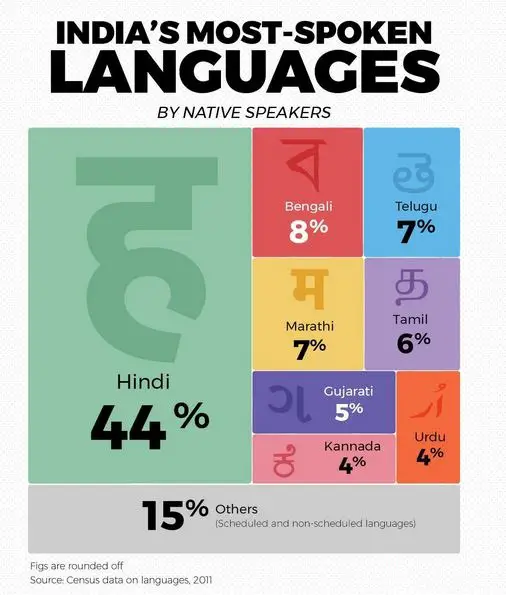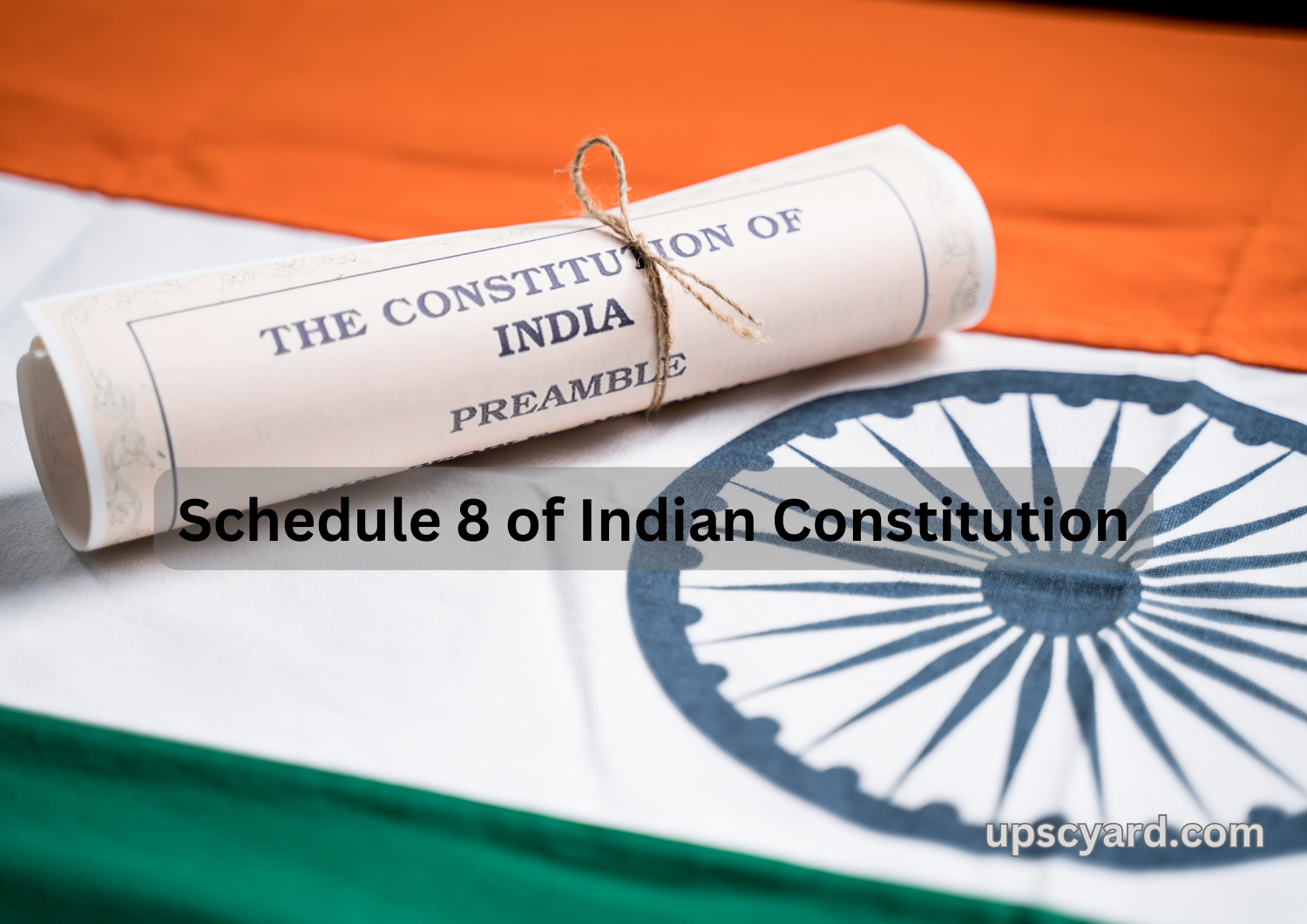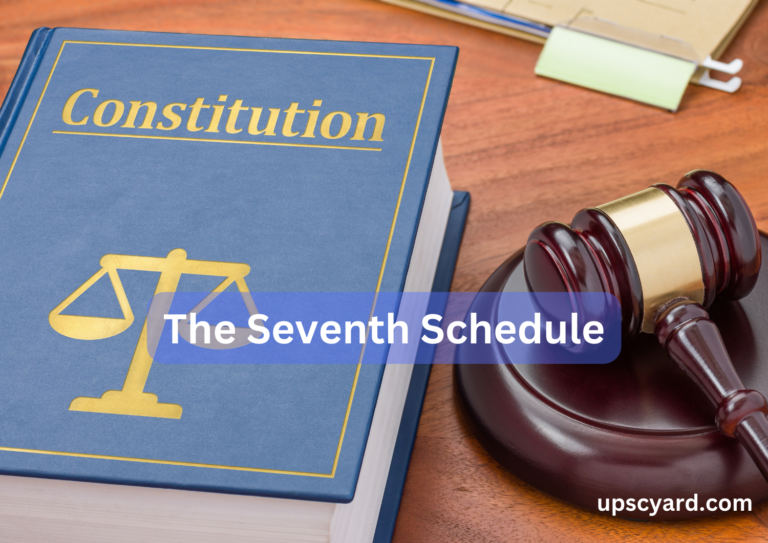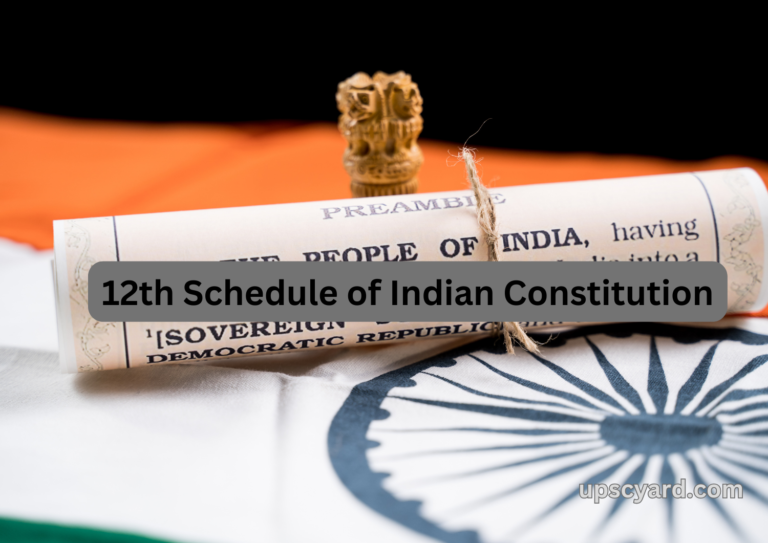Constitutional Provisions on the Schedule 8 of Indian Constitution

Article 344(1) and 351: Commission Formation and Language Promotion
The Constitutional provisions pertaining to the Eighth Schedule are delineated in Article 344(1) and 351. Article 344(1) outlines the Constitution of a Commission by the President every five years following the commencement of the Constitution, and, subsequently, every ten years after that. This Commission, comprising a Chairman and other members representing languages in the Eighth Schedule, is tasked with making recommendations to the President for the progressive use of Hindi for official Union purposes.
Article 351 mandates the Union to promote the spread of the Hindi language. Its objective is to develop Hindi as a medium of expression for the diverse elements of India’s composite culture. The promotion involves enriching Hindi by assimilating forms, styles, and expressions from Hindustani and other languages specified in the Eighth Schedule. The vocabulary enrichment primarily draws from Sanskrit and, secondarily, from other languages.
These constitutional provisions underline the intent of the Eighth Schedule—to facilitate the progressive use of Hindi and contribute to the language’s enrichment and promotion.
List of Languages in the Schedule 8 of Indian Constitution
The Eighth Schedule currently encompasses 22 languages, initially comprising 14 languages during the Constitution’s inception. Sindhi was added in 1967, followed by including Konkani, Manipuri, and Nepali in 1992. The most recent additions in 2004 include Bodo, Dogri, Maithili, and Santhali.
The current list comprises languages like Assamese, Bengali, Gujarati, Hindi, Kannada, Kashmiri, Konkani, Malayalam, Manipuri, Marathi, Nepali, Oriya, Punjabi, Sanskrit, Sindhi, Tamil, Telugu, Urdu, Bodo, Santhali, Maithili, and Dogri.
Demands for Inclusion
Presently, there are demands for the inclusion of 38 additional languages in the Eighth Schedule. These include languages like Angika, Banjara, Bhojpuri, Garhwali, Gondi, Gujjar/Gujjari, Kachachhi, Kok Barak, Kumaoni, Kurmali, Limbu, Mizo, Pahari, Rajasthani, Sambalpuri/Kosali, Siraiki, Tulu, and more.
Present Status and Government’s Stand
The inclusion of languages in the Eighth Schedule is a dynamic process influenced by socio-economic and political developments. Attempts to establish fixed criteria through committees have not proven successful. The government acknowledges the sentiments and demands for inclusion and commits to examining requests, considering sentiments, language evolution, widespread use, and other relevant factors. The government aims to strike a balance in recognizing languages that have evolved and hold cultural significance.




